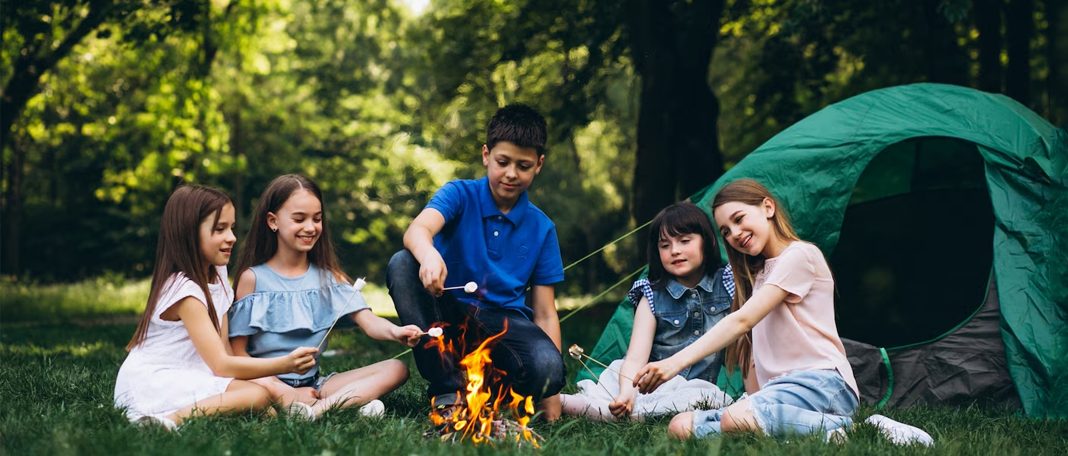Did you know allergies can traumatize kids and affect them psychologically? Performing daily activities becomes a big task for them. However, as a parent, you need to help them enjoy their childhood days. Can allergy-prone kids go to a summer camp? Yes, they can. Summer camps help kids build their social, emotional, and cognitive skills. They create memories that last a lifetime. If you are considering summer camp, choose the best based on the kid’s personal preference and health conditions. We’d recommend you plan an allergy-free summer camp to ensure they are safe while they enjoy. You need to follow some simple steps if your child has asthma, food allergies, and intolerance.
Tips to Plan an Allergy-Free Summer Camp
In a summer camp, your kid is going to share a cabin with other kids, try to make friends and eat and drink food that’s available. It is quite normal for parents to worry but make sure your kid is fit, healthy, and prepared. Here are a few tips for allergy-free camp.
- Look out for camps that organize camps for kids with food allergies and asthma. Such camps will have a medical team who knows the disease well.
- Ensure your kid’s symptoms are under control and the medication dosage is proper. Talk to your healthcare provider to ensure the prescription is up to date.
- Talk to the doctor to find out if your kid can participate in the camp. Also, find out if they need a COVID-19 vaccine before the camp.
- Ensure your child carries any prescribed medicine to his/her summer camp. Here’s some help on preparing your allergy kit.
- Inform the camp organizers about your kid’s health conditions. Find out if they are planning any activities that might trigger allergies.
- Ask if the organizers are aware of the nearest hospital. The staff should also be able to handle medical emergencies and perform first aid procedures.
- Talk to the kitchen staff about your kids’ food allergies. Here is some common allergy-causing food you may avoid during summer camp.
- If you are planning a one-day camp, send lunch so that they can eat safely. Remind the kids not to eat other food.
- Teach your kids to read food labels, and know their allergy symptoms. They should understand the risks of eating food or doing an activity.
Do not restrict a kid from enjoying a summer camp. You need to find a camp that’s suitable for your kids despite their health issues. If you do your research properly and find out all the essential details, you don’t have to worry about anything else. It will be an ideal option if the allergy-free summer camp location is within reach.


















